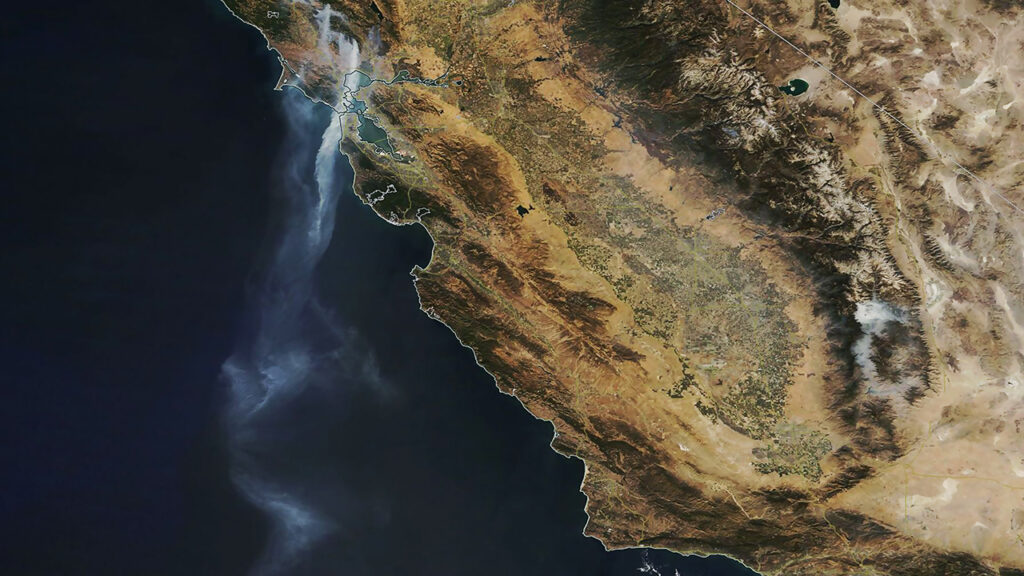
Weather forecast tools tell us how humans are aggravating heatwaves and storms
National forecasting centres like the UK’s Met Office could apply the same tools used for weather forecasting to quantify how human behaviour is aggravating major events like heatwaves and storms.
Climate researchers at the National Centre for Atmospheric Science and Oxford University’s Department of Physics have demonstrated how state-of-the-art weather forecasts can be used to show how greenhouse gas emissions affect extreme weather, in their study now published in Nature Communications.
With a focus on recent events in both the UK and US, researchers assessed the impact of global warming at a local scale and found that human activity both intensified specific weather events and made them more likely to occur.
The new study used the world’s most reliable medium range weather forecasting model, from the European Centre for Medium-Range Weather Forecasting, to assess the impact of climate change on extreme weather.
The researchers applied their modelling approach to data from the Pacific Northwest heatwave in June 2021, which was estimated to have killed over 800 people. They used their model to simulate the heatwave as if it had occurred in a world without human-driven greenhouse gas emissions, and in a warmer world of the future. Results revealed that human influence on the climate made this event at least 8 times more likely. At the current rate of global warming, the likelihood of this kind of heatwave is doubling every 20 years.
“Understanding how climate change and human activity impacts extreme weather events remains a significant and urgent challenge,” explains Antje Weisheimer, a senior research fellow at the National Centre for Atmospheric Science and Oxford University.
Read the research paper ‘Heatwave attribution based on reliable operational weather forecasts’ in Nature Communications.
